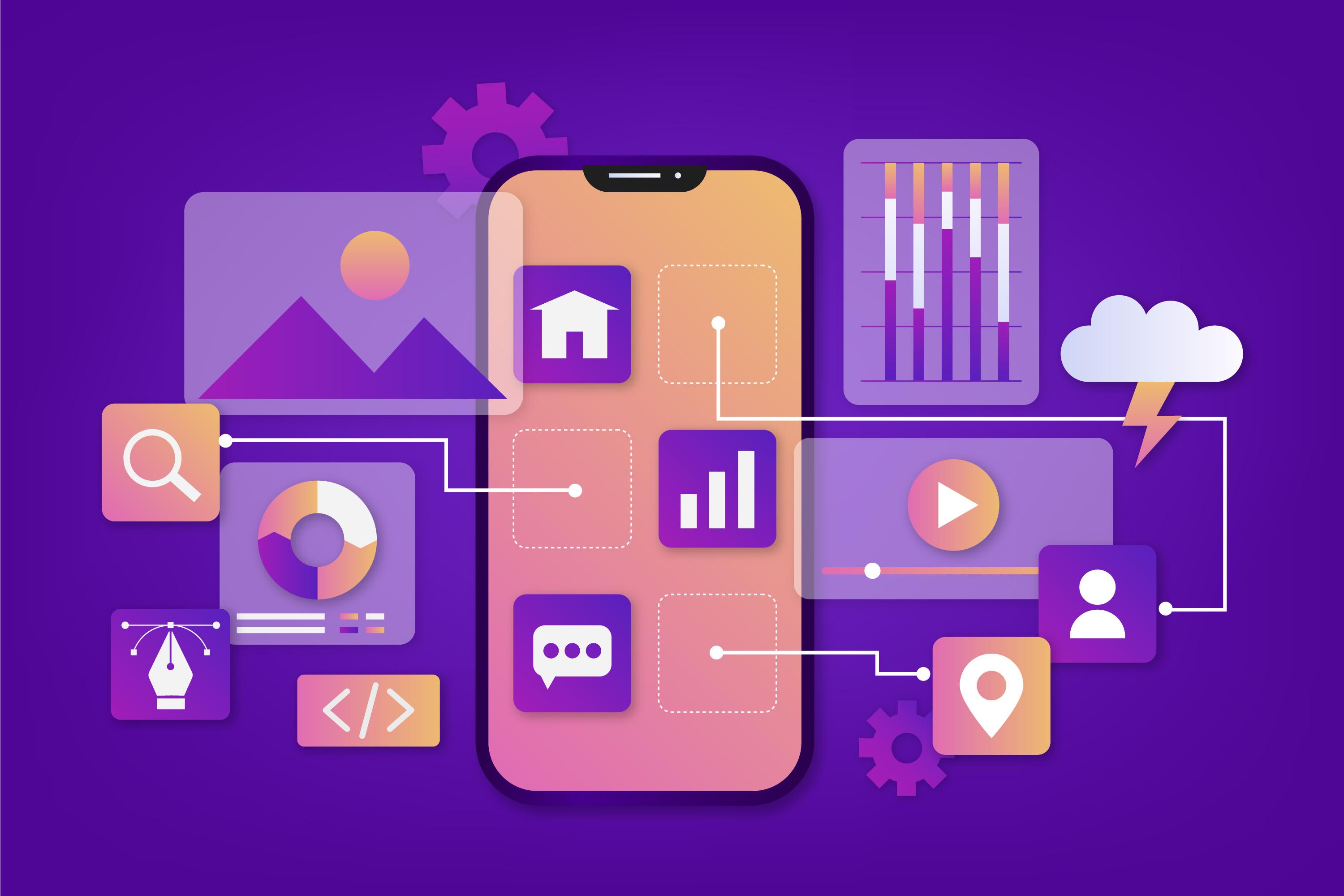Notifications

In today's fast-paced digital world, mobile app development has become a critical aspect of business success. With the increasing demand for mobile applications, businesses are constantly seeking efficient and cost-effective solutions to reach their audience. This is where hybrid mobile app development comes into play. Hybrid mobile app development allows developers to build apps that work seamlessly on multiple platforms using a single codebase. This not only saves time and resources but also ensures a consistent user experience across different devices. In this blog, we will explore some of the best frameworks for hybrid mobile app development, helping you choose the right one for your next project.
1. React Native
React Native, developed by Facebook, is one of the most popular frameworks for hybrid mobile app development. It allows developers to build high-performance mobile apps using JavaScript and React. One of the key advantages of React Native is its ability to render native components, which ensures a smooth and responsive user experience. Additionally, it has a large community and extensive documentation, making it easier for developers to find support and resources.
2. Flutter
Flutter, developed by Google, has gained significant traction in the mobile app development community. It uses the Dart programming language and offers a rich set of pre-designed widgets that enable developers to create visually appealing and highly customizable user interfaces. Flutter's hot reload feature allows developers to see changes in real-time, speeding up the development process. Furthermore, Flutter’s performance is often compared to that of native apps, making it an excellent choice for high-performance applications.
3. Ionic
Ionic is another widely-used framework for hybrid mobile app development. It leverages web technologies such as HTML, CSS, and JavaScript to build cross-platform apps. Ionic provides a comprehensive library of UI components and tools that make it easy to create interactive and visually appealing apps. Additionally, Ionic’s integration with Angular enhances the framework’s capabilities, allowing developers to build robust and scalable applications. Ionic also offers a powerful CLI (Command Line Interface) that streamlines the development process. 
4. Xamarin
Xamarin, owned by Microsoft, is a robust framework that allows developers to build hybrid mobile apps using C#. Xamarin provides a single codebase for iOS, Android, and Windows, ensuring code reusability and reducing development time. One of the standout features of Xamarin is its ability to access native APIs, enabling developers to create apps with native-like performance and functionality. Xamarin also integrates seamlessly with Visual Studio, offering a comprehensive development environment for building, testing, and deploying mobile apps.
5. PhoneGap (Apache Cordova)
PhoneGap, also known as Apache Cordova, is a well-established framework for hybrid mobile app development. It allows developers to use standard web technologies like HTML, CSS, and JavaScript to build cross-platform apps. PhoneGap provides a set of plugins that enable access to native device features such as the camera, GPS, and file system. This framework is particularly useful for developers who are familiar with web development and want to leverage their skills to build mobile applications.
6. NativeScript
NativeScript is an open-source framework that enables developers to build hybrid mobile apps using JavaScript, TypeScript, or Angular. One of NativeScript's key features is its ability to access native APIs directly, which allows for the creation of high-performance apps with a native look and feel. NativeScript also offers a rich set of plugins and a vibrant community, making it a solid choice for developers looking to build cross-platform applications.
Cost Considerations and Tools
When embarking on a hybrid mobile app development project, it's crucial to consider the costs involved. Utilizing an app cost calculator can help you estimate the expenses based on your specific requirements. Factors such as app complexity, design, features, and platform compatibility will influence the overall cost. Additionally, mobile app development in India has become increasingly popular due to the availability of skilled developers and cost-effective solutions. By partnering with experienced developers in India, businesses can achieve high-quality apps at a fraction of the cost compared to other regions.
If you're interested in exploring the benefits of hybrid mobile app development services for your business, we encourage you to book an appointment with our team of experts.
Conclusion
In conclusion, hybrid mobile app development offers a powerful solution for businesses looking to create cross-platform applications efficiently and cost-effectively. With frameworks like React Native, Flutter, Ionic, Xamarin, PhoneGap, and NativeScript, developers have a wide range of options to choose from based on their specific needs and expertise. Each framework has its strengths and unique features, making it essential to carefully evaluate them before making a decision. By partnering with a reputable hybrid app development company, you can leverage these frameworks to build high-quality apps that deliver exceptional user experiences across all platforms.